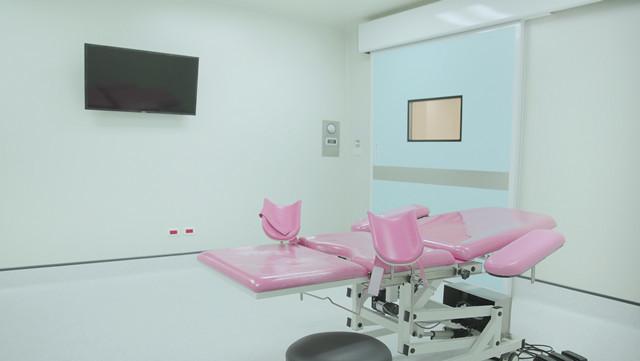We often refer to first-, second- and third-generation test tube technologies, but the most popular one is three generations of test tube technology at the moment. What's the difference between them? Why do many families now prefer the third generation of test tubes? Let's take a look at it with Hengjian overseas

The first generation of IVF technology
The first generation of IVF refers to in vitro fertilization - embryo transfer, that is, the egg is taken out of vitro, so that the egg and sperm are "freely combined", and the embryo is formed and then transferred to the woman's uterus.
Second-generation IVF technology
The second generation of IVF technology is to inject sperm directly into the egg cell cells to achieve the purpose of fertility, the second generation of technology is mainly for male infertility, such as few or weak sperm, poor motility, etc., the technology can pick out the more excellent sperm and chaos combined.
Third-generation IVF technology
The third generation of IVF technology is also known as preimplantation genetic diagnosis/screening (PGD), the biggest advantage of this technology is to detect and screen embryos with chromosomal abnormalities or genetic diseases, "take the essence of their dross", which effectively reduces the chance of conceiving a baby with genetic defects.
Chromosomal abnormalities, single-gene genetic diseases, elderly women, unexplained repeated spontaneous abortion, unexplained infertility patients are more suitable for the third generation of test tubes, the significance of which lies in eugenics. Three-generation technology is more common in foreign countries, and because of policy reasons in China, there are not many hospitals that can do third-generation test tubes, and there are more restrictions.
Is ivist infant technology (PGD/PGS) necessarily the best?
This still has to vary from person to person, the cost of three generations of test tube technology is naturally higher than that of the first generation and the second generation, so some families will choose to do a generation or the second generation can also be fertile. The third generation of IVF can be tested for preimplantation embryonic genetic diseases and congenital diseases, so that eugenics and eugenics are guaranteed, and the success rate is high.